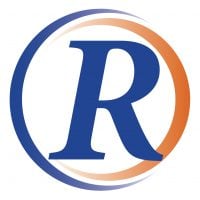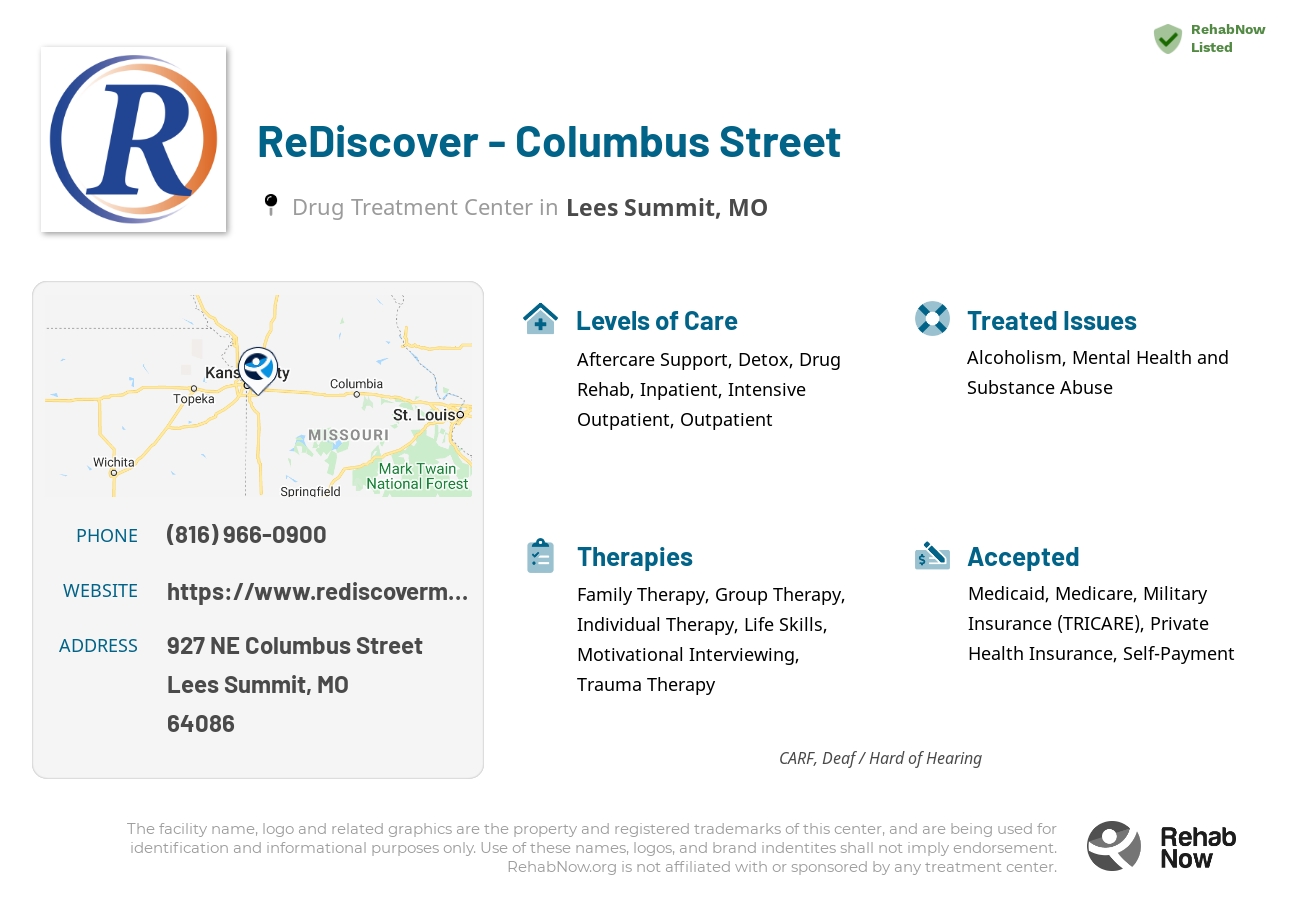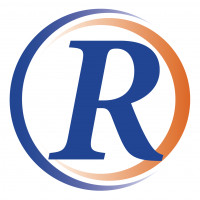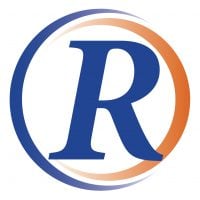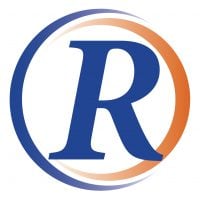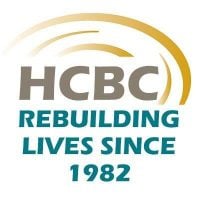ReDiscover - Columbus Street
Drug Rehab Center in Lees Summit, Missouri
ReDiscover - Columbus Street is a nonprofit addiction and substance treatment facility in Missouri offering evidence-based prevention, intervention, and treatment services, including a continuum of care and specialized services for veterans and other populations.
About ReDiscover - Columbus Street in Missouri
ReDiscover - Columbus Street in Lees Summit, Missouri is an addiction and substance treatment facility that has been serving clients since 1971. This nonprofit, community-based clinic offers a wide range of prevention, intervention, and treatment services for individuals struggling with addiction and mental health issues. All services provided by the clinic are evidence-based, respectful, and responsive to unique needs of clients.
ReDiscover - Columbus Street offers a continuum of care to help individuals overcome addiction and substance abuse, ranging from early intervention, outpatient and intensive outpatient treatment, relapse prevention and recovery maintenance, housing, and basic needs services. Clients have the opportunity to receive individual and group counseling, family, and couples counseling, and access to professional psychiatric services. The clinic also offers court-ordered treatment assessments, community outreach and prevention services, spiritual counseling, and similar services.
ReDiscover - Columbus Street is dually accredited by The Joint Commission and CARF, providing assurance that the treatment provided exceeds industry standards. The clinic is licensed by the State of Missouri and has received numerous awards, including the 2012 Heartland Regional Addiction Prevention Award, 2015 Kansas City Mayor's Compassionate Award, and the 2018 Missouri Coalition for Community Behavioral Healthcare Quality Award. They also offer community education and outreach programs, as well as services for veterans and other specialized populations.
Genders
Ages
Modality
Additional
Accreditations

CARF
The Commission on Accreditation of Rehabilitation Facilities (CARF) is a non-profit organization that specifically accredits rehab organizations. Founded in 1966, CARF's, mission is to help service providers like rehab facilities maintain high standards of care.
Conditions and Issues Treated
Levels of Care Offered
This center offers a variety of custom treatment tailored to individual recovery. Currently available are Aftercare Support, Detox, Drug Rehab, Inpatient, Intensive Outpatient, Outpatient, with additional therapies available as listed below.
Detox is an integral part of recovery and often very hard. Detoxification is the process of letting the body remove the drugs in it. It addresses the physical aspect of addiction. Detox from drugs can be unsafe as the patient undergoes withdrawal symptoms that range from headaches, vomiting, body aches to seizures and cardiac arrests. The main purpose of detox is to keep the drug users comfortable as the drugs leave their system.
Quitting cold turkey is not recommended and can lead to many issues. Detox is best done under medical supervision so that a team of experts can monitor the side effects and complications. Detox, alone, does not guarantee sobriety as the underlying psychological issues are not addressed.
Inpatient treatment is a form of recovery used in drug rehab. Inpatient recovery offers individual therapy, groups, and family therapy to ensure that the addict has the best recovery possible. A variety of treatments are provided in this type of recovery, depending on what treatment the addict needs at that particular time.
The length of inpatient addiction treatment depends on the addict and their addiction. Inpatient rehabilitation can last anywhere from 30 days to 90 days, depending on how severe the drug abuse is. Inpatient rehab is a costly drug treatment, costing anywhere from $30k- to $60k. However, insurance often offers help in covering these costs.
An intensive outpatient program (IOP) is effective for drug rehab, but it can take six months to several years to complete. It’s the most popular type of drug rehab program in the United States. One example of a successful IOP success story is actor and comedian Chris Rock, sober since 1990.
An IOP allows participants to spend nights at home while attending meetings throughout the day. It’s a good way for drug addicts to make a recovery plan in an outpatient setting while still supporting their loved ones.
Alcohol or drug addiction, or co-occurring disorders, are treated in an outpatient program. The patient must attend therapy and other programs at the facility but can return home each night.
Outpatient treatment allows recovering addicts to live at home while receiving addiction treatment. Outpatients can attend group sessions for a few hours per week. Outpatients may also continue to work full time and study/attend school without interruption if they choose.
The accomplishment of completing a drug or alcohol treatment program is just the first step. Once that is complete, aftercare support comes into play. This includes helping people adjust to life without substances outside of guidelines with assistance like getting sober living accommodations and career counseling and AA/NA programs for those who are struggling between sobriety or want continued help in maintaining it once they have completed their initial rehabilitation at an addiction facility.
Aftercare comprises services that help recovering addicts readjust to normal day-to-day activities while working on specific issues. These problems include psychiatric issues, family problems caused by substance abuse, continuing education pursuits if desired during rehab, etc. These can last up to one year+ depending on what’s needed most urgently upon completion of earlier stages.
Therapies & Programs
Different people react differently to various treatment options. Some drug rehabilitation centers offer individualized treatment that caters to the specific needs of a drug addict. The best treatment option varies on an individual depending on the type of drug abused, life history, medical condition of the person, social circumstances, and the environment they live in now.
When a person enters drug rehab, they usually have anti-drug associations such as withdrawal symptoms, stress, cravings, etc. The first step of drug rehab is to detoxify the body from any residual substances in it. Drug rehabilitation centers usually employ trained medical professionals to help in this process. Usually, the initial detoxification lasts for five days, where the person is monitored under close supervision.
Family therapy sessions typically involve the addict and their family members. During these sessions, a therapist will work with everyone involved to help them understand addiction and find healthy ways of coping without substance abuse.
Some addicts might feel embarrassed about their substance abuse problems. By encouraging family members to attend these sessions, therapists can show addicts that they’re not alone in dealing with addiction. Therapists can also work with family members to help them understand addiction and learn how to offer support and encouragement to their loved one as they deal with substance abuse issues.
Attending group therapy at ReDiscover - Columbus Street in , is a useful way for those seeking sobriety to realize they aren’t the only one going through it.
This is when a group of people on different recovery phases get together and talk about what they’re going through, their triggers, successes, and failures. This can include alternative types of therapies too! Group therapy may occur on an outpatient or inpatient basis with groups that have no pre-existing relationships outside the session, unlike support groups where everyone already knows each other beforehand.
Trauma therapy is a form of therapy used to help people process and understand past traumas. This can help struggling addicts, as many people turn to drugs or alcohol to mask the pain of their past. Trauma therapy can be done in several ways, such as through visualization, discussion, and writing down thoughts and feelings. The goal is to help the individual understand why they are having problems coping with certain situations and changing how they think and react to things. This is often done in tandem with other therapies to treat the underlying issues associated with addiction.
The idea behind trauma therapy is that while some people can experience traumatic events and not have lasting psychiatric symptoms, many others will. In these cases, memories get hidden from consciousness but continue to influence how the person processes and copes with things in their life. They may avoid situations that resemble what happened or become suddenly angry or irritated to a situation that reminds them of a past event. With the help of a therapist, people can go back over memories and experiences. This helps them understand why they are having problems coping with certain situations and changing how they think and react to things.
Life Skills Services offered at Drug Treatment Centers assists addicts in their recovery by teaching them healthy coping mechanisms that will aid them in becoming sober, focussing on helping people enter into, and maintaining long-term sobriety. Drug Treatment Centers provide Life Skills Services at varying levels of intensity, specific to the needs and requirements of each patient.
Life Skills Services offered at Drug Treatment Centers assists addicts in their recovery by teaching them healthy coping mechanisms that will aid them in becoming sober, focussing on helping people enter into, and maintaining long-term sobriety. ReDiscover - Columbus Street in Lees Summit, Missouri provide Life Skills Services at varying levels of intensity, specific to the needs and requirements of each patient.The benefits of Life Skills Services offered at Drug Treatment Centers:
- Restores hope and empowerment — Helps addicts believe that recovery is possible and instills a new confidence in their ability to achieve a positive, drug-free future
- Enhances family involvement — Encourages families to get involved in the recovery process and supports their understanding and encouragement of healthy behavior.
- Increases patient’s compliance — Helps patients take responsibility for and ownership of their recovery and encourages continued progress
- Reduces relapse rates — Encourages long-term abstinence and emphasizes the importance of establishing sober support systems.
Payment Options Accepted
For specific insurance or payment methods please contact us.
Is your insurance accepted?
Ask an expert, call (888) 674-0062
ReDiscover Associated Centers
Discover treatment facilities under the same provider.
- ReDiscover in Lees Summit, MO
- ReDiscover - NE Rice Road in Lees Summit, MO
- ReDiscover - Independence Avenue in Lees Summit, MO
- ReDiscover - Loma Vista in Kansas City, MO
- ReDiscover - Woodland in Kansas City, MO
Learn More About ReDiscover Centers
Additional Details
Specifics, location, and helpful extra information.
Lees Summit, Missouri 64086 Phone Number(816) 966-0900 Meta DetailsUpdated November 25, 2023
Staff Verified
ReDiscover - Columbus Street Patient Reviews
There are no reviews yet. Be the first one to write one.
Lees Summit, Missouri Addiction Information
Opioid-related overdoses in Missouri have been increasing steadily for the past three decades. In 2018, more than 1,130 people in Missouri died from opioid abuse. Methamphetamines and marijuana abuse have surpassed opioid abuse in Missouri. Missouri is the number 1 methamphetamine manufacturer in the country with more than 27 meth labs per 100,000 people.
Over 6% of the population in Lees Summit struggles with addiction to drugs or alcohol. This can have a ripple effect on friends, family members, and co-workers. The most commonly abused drugs in Lees Summit are marijuana, cocaine, and heroin. Treatment may last anywhere from a few weeks to a few months, depending on the severity of the addiction and the person's individual needs.
Treatment in Nearby Cities
- Sedalia, MO (62.8 mi.)
- Webb City, MO (122.9 mi.)
- Clinton, MO (49.5 mi.)
- Winfield, MO (194.9 mi.)
- Union, MO (183.9 mi.)
Centers near ReDiscover - Columbus Street
The facility name, logo and brand are the property and registered trademarks of ReDiscover - Columbus Street, and are being used for identification and informational purposes only. Use of these names, logos and brands shall not imply endorsement. RehabNow.org is not affiliated with or sponsored by ReDiscover - Columbus Street.
